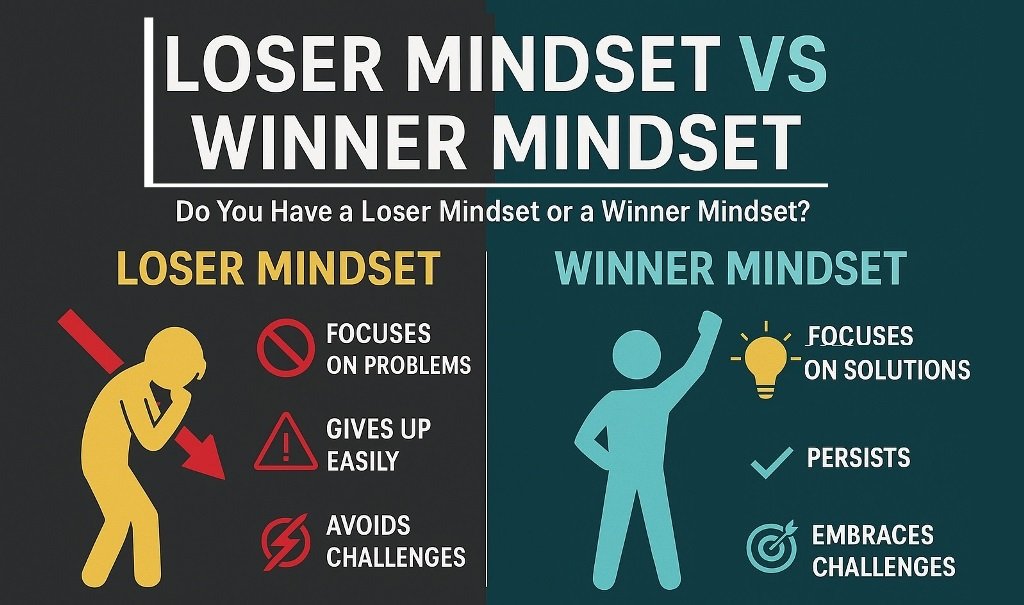
Charles Bukowski was an alcoholic, womanizer, chronic gambler, bully, miser, and poet in his worst days. He’s probably the last man you would ask for advice or hope to find in a self-help book. That’s why it’s such a good place to start.
Bukowski wanted to be a writer. But for years every magazine, newspaper, publishing house, agency rejected him. They said his writings were disgusting, crude, terrible, immoral. As the rejection letters piled up, Bukowski fell into a deep depression triggered by alcohol that haunted him for most of his life.
Bukowski arranged letters at the post office to make a living. His salary was awful and he spent most of it on booze. He invested the rest in races. He drank alone at night and sometimes recited poems on his old typewriter. He often woke up where he had fallen and leaked.
Thirty years he lived in this meaningless haze of alcohol, drugs, gambling and prostitutes. At the age of fifty, after spending his entire life cursing himself in failure, the editor of a small, independent publishing house took a peculiar interest in him. This editor could not guarantee Bukowski much money or sales. But this drunkard had a strange love for failure and decided to take his chance. It was Bukowski’s first opportunity, and as he was well aware, it would probably be the only one. Bukowski wrote to the editor: “I have two chances, either I’ll stay in this post office and go crazy…or resign, play the writer and starve. I’ve decided to starve to death.”
After signing the contract, she wrote her first novel in three weeks. Its name was “Post Office”, and in the dedication section it was written “not dedicated to anyone”.
Bukowski would find success as a writer and poet. He would go on with his job, writing six novels and hundreds of poems, selling over two million books. His popularity exceeded everyone’s expectations, especially himself.
Achievements like Bukowski’s are the bread of our cultural narrative history. Bukowski’s story is the embodiment of the American Dream: the person who struggles to achieve what he wants, never gives up, and finally achieves successes that even in his wildest dreams. This is actually a movie about to begin. We all look for stories like Bukowski’s and say, “See, he never gave up. He never stopped trying. He never lost faith in himself. Despite all the setbacks, he persisted and eventually created something out of himself!”
Isn’t it odd, then, that Bukowski’s tombstone reads “Don’t try”?
So despite his book sales and reputation, Bukowski wasn’t happy, and he knew it. His success was not because of his determination to win, but because he knew he was unhappy, accepted it, and wrote about it honestly. He never tried to be anyone else than he was. The genius of Bukowski’s work was not in overcoming incredible challenges and transforming himself into one of literature’s bright stars. On the contrary, it was all about being honest with himself, especially with his worst parts, without hesitation, and sharing his failures without hesitation, without doubt.
This was the true story of Bukowski’s success: Being comfortable in his own shell as an unhappy person. Bukowski didn’t care about success. Even after gaining fame, he used to bully his audience and use verbal violence in his poetry readings. He still exhibited himself in front of others, trying to sleep with every woman he could find. Fame and success didn’t make him a better person. Nor did he gain fame and success because he had become a better person.
Mark Manson – “The Subtle Art of Not Giving a F*ck”



